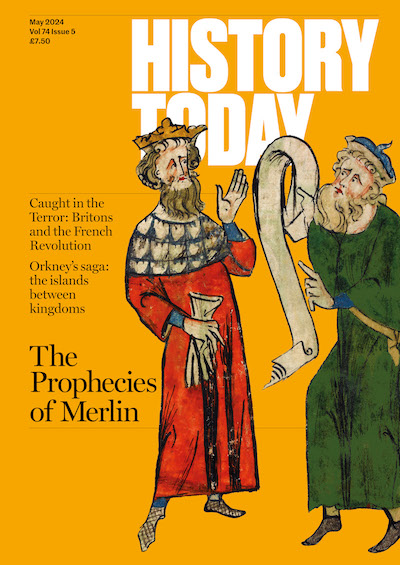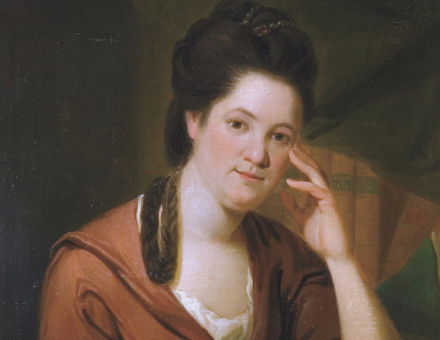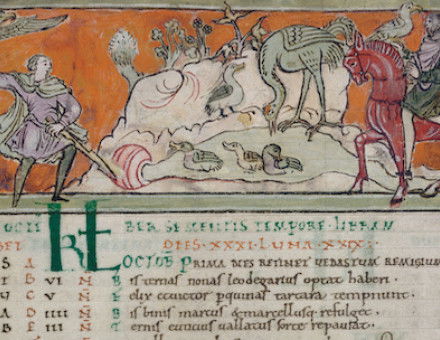lmagine that you are Erasmus... Rabelais...Queen Victoria...Karl Marx...
A Rosemary O'Day on imagining you're Erasmus and ways of seeing 1450-1600.
The controversy about the role of empathy in the study of history is not new. True it has now been graced with a grandiose title – the Empathy Controversy – which would seem to stamp it as a late twentieth-century animal like the Fourth Protocol, The Sunday Correspondent and the National Curriculum. But it is no more and no less than an aspect of a wider historical problem – how can we achieve understanding of the past? Is the fact of shared humanity sufficient to enable us to understand Erasmus, Marx and Victoria? Or is their world a world we have lost? A world which it will take more than an imaginative leap for us to enter?
This problem was writ large for me when I became part of an interdisciplinary team in the Open University Arts Faculty set upon producing a course about sixteenth-century Europe. How were we to make comprehensible for mature students – firmly rooted in twentieth-century secular culture – a very strange world indeed, a world in which it was impossible to take a breath between 'culture' and 'belief?





